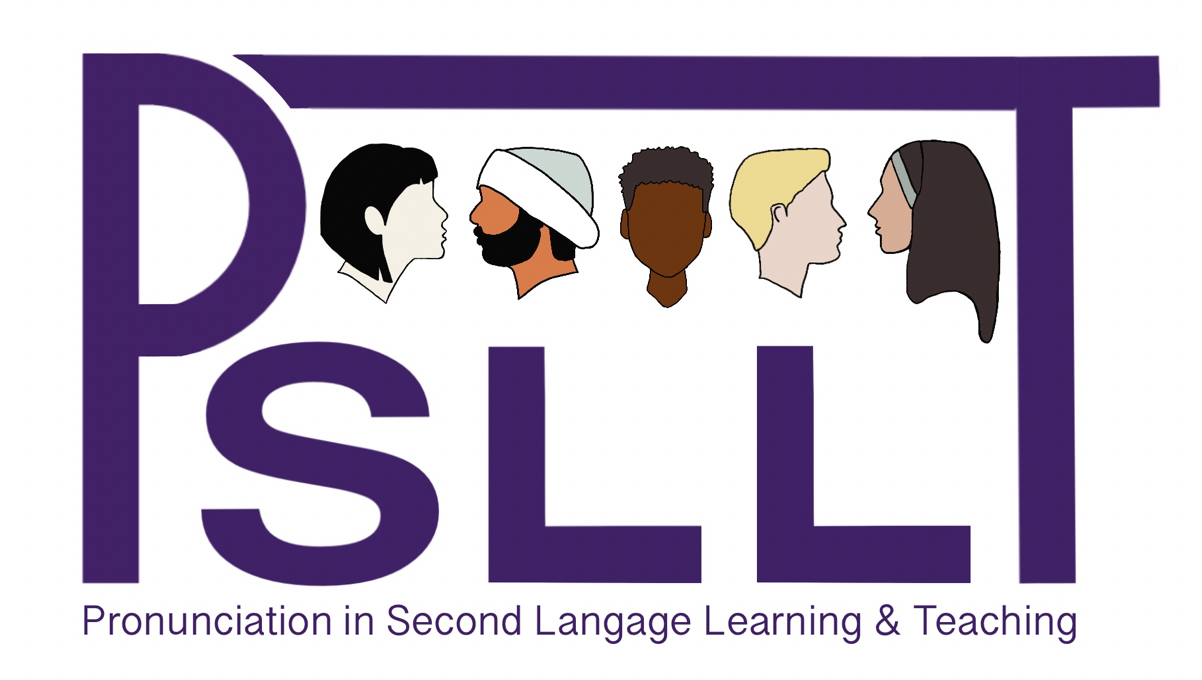What Is Identity? Ell and Bilinguals’ Views on the Role of Accent
Abstract
Many researchers and theorists have proposed a connection between accent and identity (Celce-Murcia, Brinton, Goodwin, & Griner, 2010; Ochs, 1993; Setter and Jenkins, 2005). Some, however, have gone beyond this, indicating that students fear obtaining a native speaker accent. “To speak an L2 like a native is to take a drastic step into the unknown, accompanied by the unconscious fear of no return...†(Daniels, 1995, p. 6). Yet, this comment may strike many teachers and researchers as surprising because as Sobkowiak points out, “in my whole teaching career I have not met a [student] who would not like to sound like a native, or who would fear to step on this ‘road of no return’†(2005, p. 144). Perhaps the difference in perspective can be explained by a difference in language learning group, those that have successfully spoken English like a native and those that have not. This research study examines the perceptions of English Language Learners (ELLs) and English speaking bilinguals. Subjects participated in a semi-structured interview to discuss their experiences interacting with others and their perceptions of accent and identity. Findings from the interviews suggest that these two groups have very different ideas about accent and identity. Results from this study provide insights into the possible misconceptions and assumptions that underscore our work as educators and researchers and can hopefully be used to inform future teaching in the field of pronunciation.
How to Cite:
McCrocklin, S. & Link, S., (2013) “What Is Identity? Ell and Bilinguals’ Views on the Role of Accent”, Pronunciation in Second Language Learning and Teaching Proceedings 5(1).
Downloads:
Download PDF
View PDF

